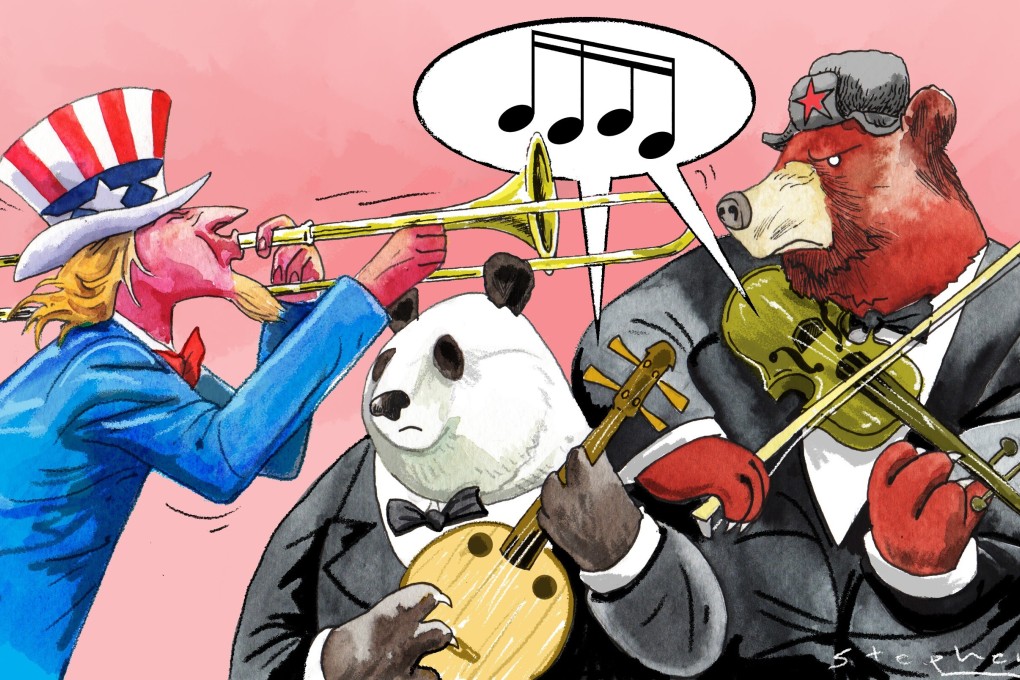Advertisement
Opinion | Russia-China partnership is strong enough to withstand nascent US overtures
- While the meeting between the American secretary of state and his Russian counterpart was less acrimonious than the US-China Alaska summit, cooperation between Moscow and Beijing is both consistent and strategic. Western antagonism will only strengthen this
Reading Time:4 minutes
Why you can trust SCMP
5

US Secretary of State Antony Blinken met his Russian counterpart Sergey Lavrov for the first time on May 20, marking the commencement of high-level diplomatic exchanges between the two countries in the Joe Biden era.
Washington’s relations with Moscow have nosedived recently following US sanctions on Russia in March and April. The United States has rebuked Russia, classifying it as an “opponent” and, like China, an “authoritarian state”. Biden during his presidential campaign called Russia the US’ “biggest threat” and more recently termed Russian President Vladimir Putin a “killer”. Moscow has responded by placing the US on a newly created “unfriendly state” list.
Lavrov described the Reykjavik dialogue as “constructive”, while Blinken stressed that the world would be safer if Moscow and Washington “can work together cooperatively”. Their polite but firm comments were in stark contrast to the barbs exchanged during the US-China Alaska summit, highlighting efforts by both sides to put blame aside and find common ground.
Advertisement
This seems to be the second attempt, after the extension of the New START treaty, to stabilise relations. Before the meeting, Russia expected “de-escalation” of tensions, and the US State Department said the talks were an opportunity to foster a “more predictable relationship”.
Nevertheless, ties remain fraught, because actions needed to address Moscow’s disappointment have not been taken. If not realised, good intentions are not going to help.
Advertisement

Advertisement
Select Voice
Select Speed
1.00x
